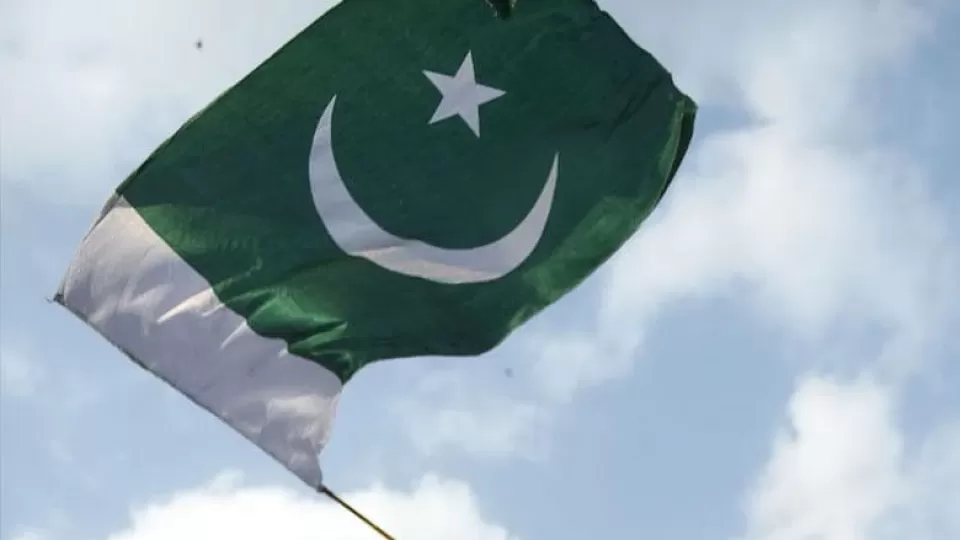October 18, 2022
ISLAMABAD – AFTER months of ambivalence, covering the spectrum between outright denials and piecemeal admissions about rising militancy, the state has had to confront the inevitable and finally come up with a coherent response.
A National Security Committee meeting on Friday, chaired by Prime Minister Shehbaz Sharif and attended by ministers, services chiefs and heads of intelligence agencies, resolved to push back firmly against terrorism in KP and revitalise the counterterrorism apparatus. To this end, it was decided to resurrect the central apex committee with the prime minister as its head, and revive the moribund National Counter Terrorism Authority. Moreover, in a departure from the past, the participants at the meeting agreed to place Nacta at the heart of the new counterterrorism strategy, instead of having the armed forces in the driving seat.
Events since last year have been inexorably moving in this direction, with Pakistan registering a 40pc rise in terrorism in 2021 compared to 2020 — stoked in no small measure by the victory of the Afghan Taliban next door. The citizens of KP, many of whom suffered through the worst of the ‘war on terror’, saw the writing on the wall long ago. But the government seemed to be in denial mode, pinning its hopes on talks with the TTP that were doomed to fail.
Even if our history of multiple ill-fated ‘agreements’ with militants was no guide, after the Afghan Taliban refused to take action against extremist outfits on their soil, it was clear that ‘strategic depth’ now belonged to those who menace Pakistan. Sparked by several incidents of militant violence, massive demonstrations have been taking place across KP. Swat Valley in particular has seen huge rallies resounding with slogans against terrorism where protestors vowed they would not let their province be taken hostage by militants as had happened between 2007 and 2009.
While the focus is on the resurgent terrorism in KP and its tribal districts, the fact is militants of every stripe have become more active all across the country. On Friday, a former high court chief justice was assassinated in Kharan town, Balochistan, by the banned BLA. That same evening, three people were killed and six injured in a roadside bombing in Mastung, also in Balochistan.
This evolving pattern, sadly not an unfamiliar one, calls for a coordinated approach between security agencies and across provinces. This is what Nacta’s Joint Intelligence Directorate was supposed to do, but various arms of the security and intelligence apparatus have balked from cooperating with it. Any resolve to reinvigorate Nacta must address this critical gap, based on age-old suspicions. The bureaucratic wrangling that has left the organisation without direction or clarity of purpose for much of its existence also needs to be resolved. The fight against militancy requires all hands, civilian and military, on deck.


